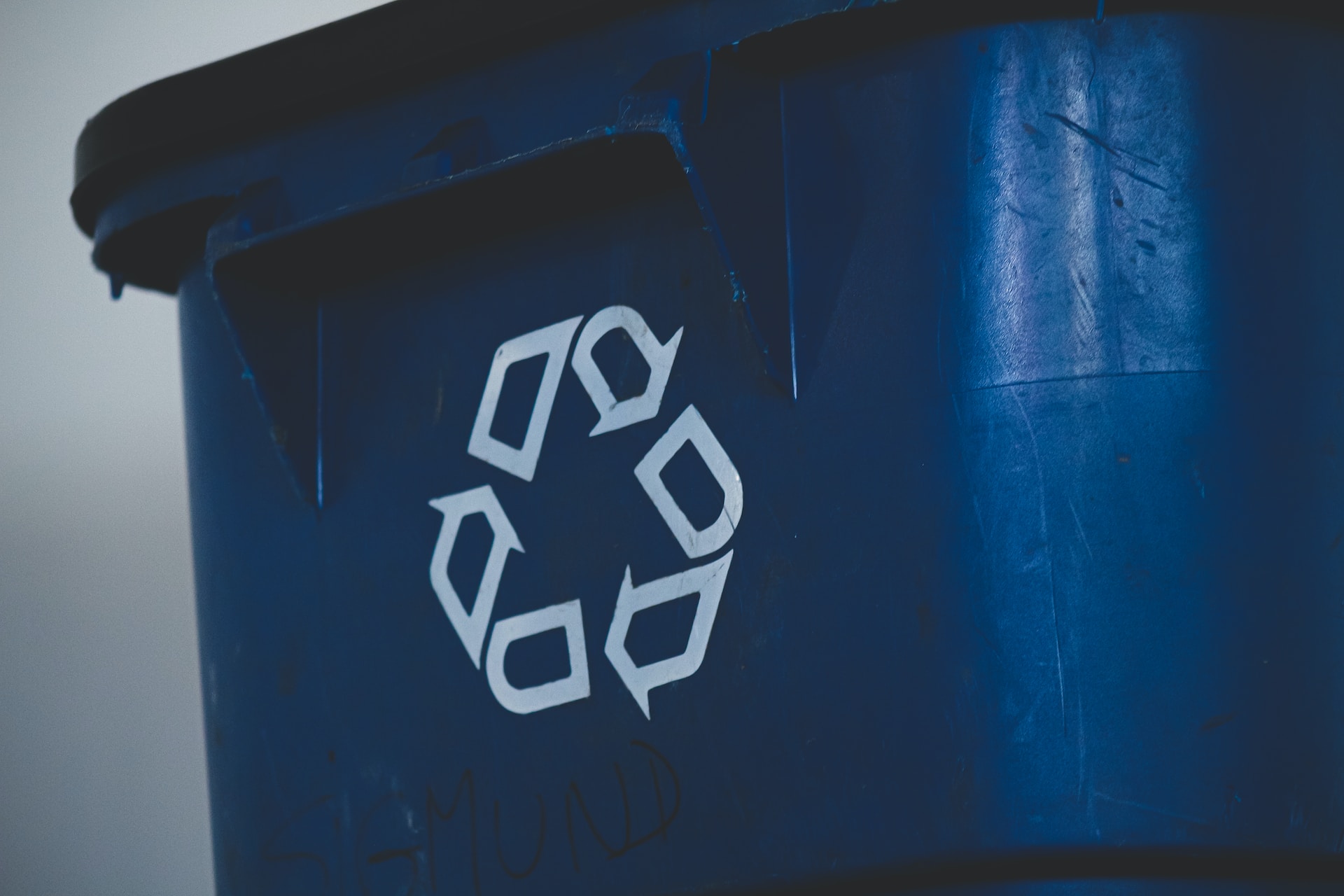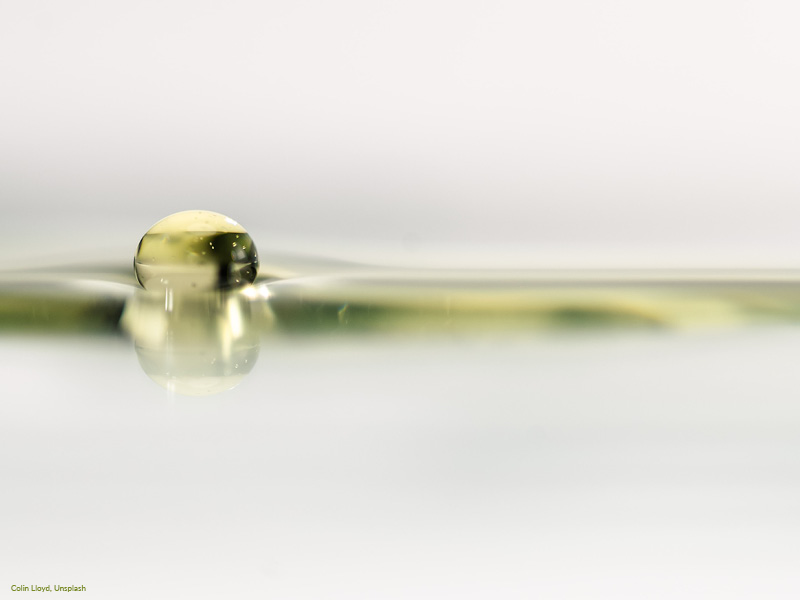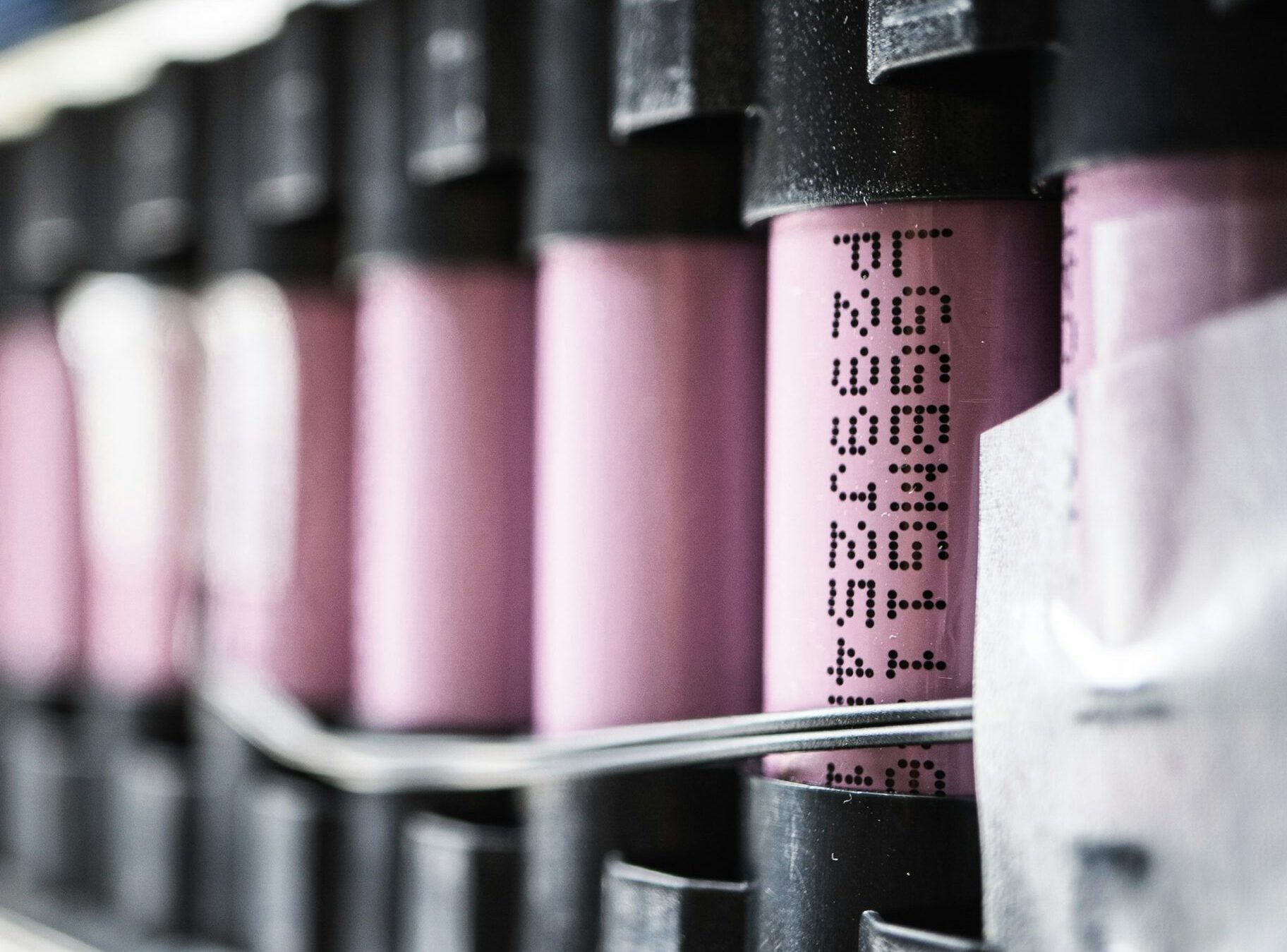Carbon and climate efficient use of biogenic waste for circular chemicals

In Sweden, around 7Mton of waste is yearly incinerated for energy recovery. Currently around 60 % of the carbon available in that waste is biogenic. Meanwhile, the demand for green carbon is expected to increase as industry transitions to mitigate climate change.
This project assesses using the solid waste streams to produce platform chemicals, thereby utilizing the green carbon in the waste. At present, the main alternative to decrease climate impact of waste treatment is (BE)CCS. However, depending on the type of end-product and the background system, using the carbon in waste to produce circular chemicals might be a better option.
To identify the viable scenarios for utilization of waste to chemicals, a holistic perspective is required. Here, the climate-, cost- and policy perspective of producing platform chemicals from solid waste fractions via gasification or incineration coupled with (BE)CCU, will be assessed. The results will be of great value both to industry and authorities.

Sima Ajdari
RISE Research Institutes of Sweden

sima.ajdari@ri.se
Project information
Participants
RISE
Time schedule
January 2024 - March 2025
Total cost of project
1 373 969 SEK
Swedish Energy Agency project number
2023-00840
More projects

Bioflex – biobased energy carriers and their contribution to a flexible energy system
Bioflex aims at increasing the flexibility, redundancy, and robustness of the energy system by integrating biobased energy carriers (biohydrogen/biogas) with electrolytic hydrogen….
Manager: Erika Lönntoft
Ongoing

Trading fossil and biogenic carbon emissions: Assessments of substitution effects for different value chains
The project takes a holistic perspective on the assessment of the important substitution factors that indicate the climate benefits of replacing emission-intensive…
Manager: Robert Lundmark
Ongoing

Development of bio-sustainable binder for battery electrode manufacturing
Polyvinylidene fluoride (PVDF) binders make up around 2-3% of a lithium-ion batteries (LIB) electrode’s mass and are crucial for battery integrity, safety,…
Manager: Jinhua Sun
Ongoing


